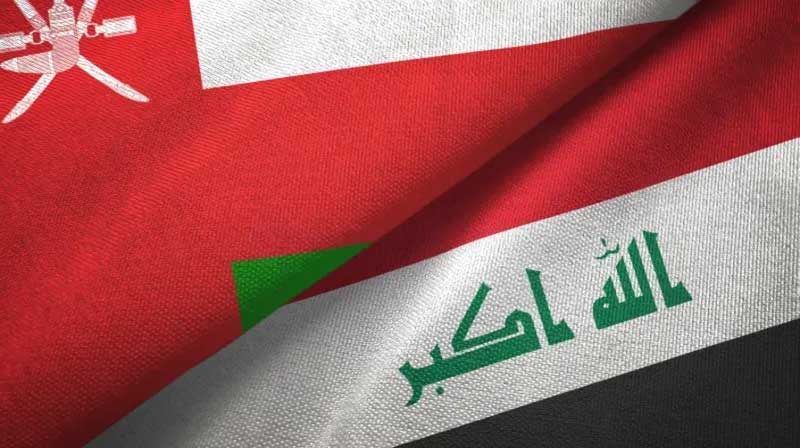Oman Ratifies Visa-Exemption Agreement With Iraq for Diplomatic and Special Passport Holders
Royal Decree No. 100/2025 strengthens Muscat–Baghdad ties amid broader Gulf–Iraq regional outreach and economic realignment.

ERBIL (Kurdistan24) — His Majesty Sultan Haitham bin Tarik of Oman on Wednesday issued a Royal Decree ratifying a landmark mutual visa-exemption agreement with Iraq for holders of diplomatic, special, and service passports, in a move widely seen as part of a broader regional strategy to deepen political and economic engagement with Baghdad. The Omani Embassy in Iraq confirmed the development in an announcement on its official X account.
The decree — Royal Decree No. 100/2025 — was published by the Iraqi News Agency (INA), which reported that the agreement was originally signed in Salalah, the capital and largest city of the Dhofar governorate in southern Oman on September 3, 2025. Citing the text of the decree, INA said Sultan Haitham ratified the accord after reviewing Oman’s Basic Law and noting its alignment with “the public interest.”
The decree further stipulates that the agreement shall take effect immediately upon publication in the Official Gazette.
Under Article 1, the Sultan formally approves the agreement between Muscat and Baghdad, while Article 2 mandates its immediate entry into force. The exemption applies exclusively to diplomatic, special, and service passport holders — a category that includes government officials, envoys, and state representatives.
The new visa deal comes at a time when Oman and Iraq have been steadily expanding bilateral cooperation across energy, investment, and security domains. In recent years, Iraq has intensified its diplomatic outreach to Gulf states in an effort to diversify partnerships, attract investment, and stabilize its regional standing.
For Oman — traditionally a neutral Gulf actor known for its mediation diplomacy — deeper engagement with Iraq aligns with its broader strategy of strengthening ties with key Arab capitals while supporting regional de-escalation.
The agreement also mirrors similar visa-facilitation arrangements Oman has concluded with several states as part of its post-2020 economic diversification agenda.
The ratification follows a period of renewed Gulf interest in Iraq, driven by strategic calculations that include Baghdad’s role in regional energy corridors, counterterrorism cooperation, and efforts to mitigate Iranian influence through constructive diplomatic channels.
Several Gulf countries, including Saudi Arabia, Qatar, and the UAE, have recently expanded diplomatic missions, restored transport links, or announced investment packages aimed at re-anchoring Iraq within the Arab fold.
While limited to official passport holders, the visa exemption is expected to streamline high-level visits between Muscat and Baghdad, facilitate ministerial coordination, and ease the movement of diplomats involved in joint committees and economic planning forums. Such arrangements often pave the way for subsequent agreements on trade, aviation connectivity, and private-sector mobility.
The accord also aligns with Iraq’s ongoing attempts to modernize its foreign-service infrastructure and deepen ties with countries that maintain balanced diplomatic stances in regional conflicts — a hallmark of Omani foreign policy for decades.
